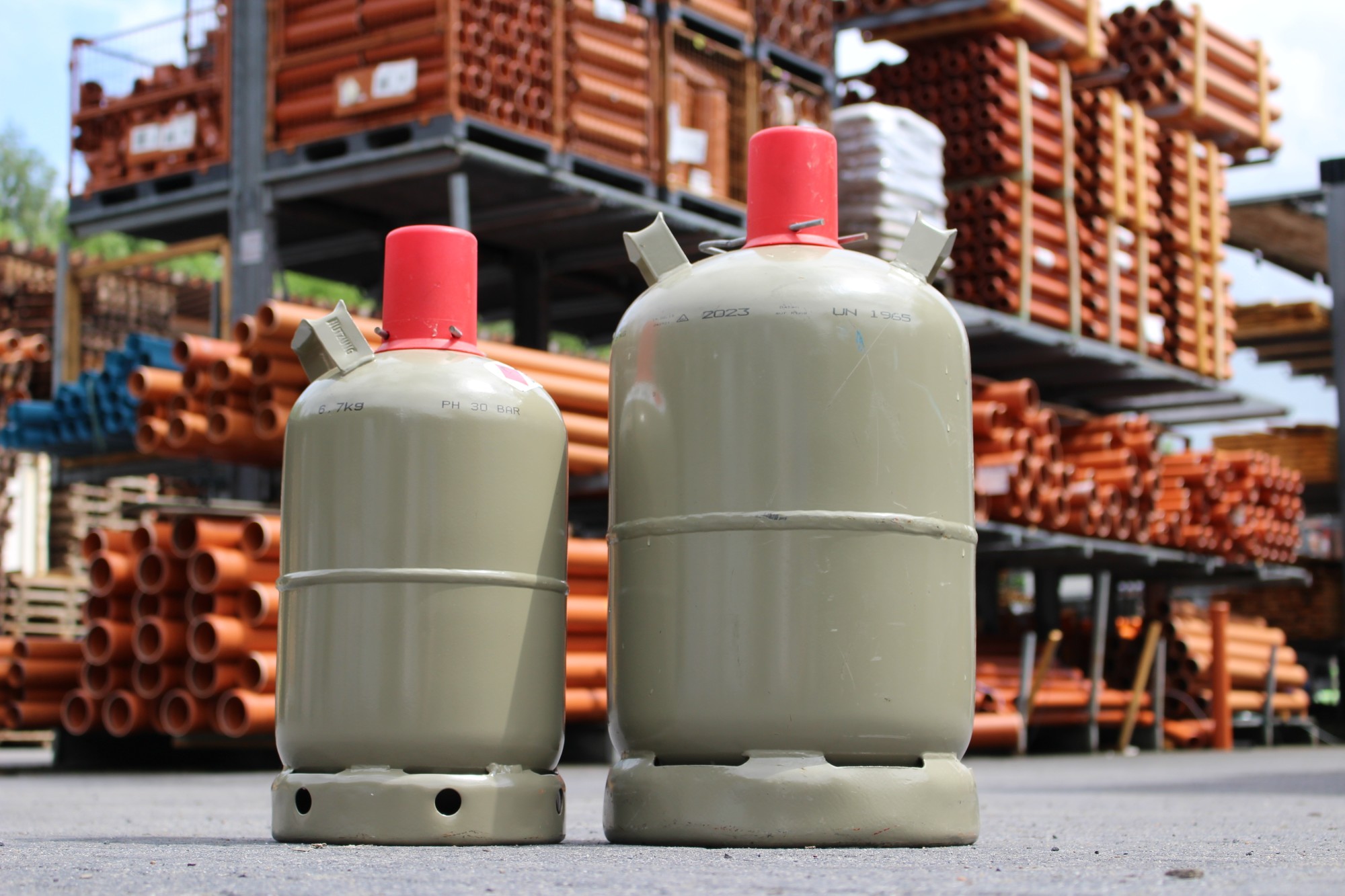Posted by admin No Comments on Generators That Run on Propane: Are They Right for Your Home? Uncategorized
Generators That Run on Propane: Are They Right for Your Home?
Generators That Run on Propane: Are They Right for Your Home?
In case of a power failure, generators help supply your home with power. Are generators that run on propane right for your home? Here's our advice.
You're looking for a generator to use as a backup power source in your home. But you aren't sure if you should buy one that runs on propane.
Generators that run on propane are certainly a popular option. But you don't want the expense of buying a propane generator, only to find out that you should have purchased a gas or diesel generator.
That's why we put together this handy primer on backup generators. We compare gas, diesel and propane generators to give you a sense of which one will be the best option for you and your home.
Sound interesting? Keep reading to find out more.
First, Let's Talk Gasoline
Gasoline is a common fuel source for generators. Some of the advantages of gas are that it's readily available and easy to transport.
You won't have to do a whole lot of planning to have a generator that runs on gas. And even if you run out mid-use, getting more will be relatively easy.
But there are downsides to gasoline as well. It's not as easy to store since it's highly flammable. It also tends to degrade over time, so in about a year you'll need to replace your gas containers with new gas.
Next, Let's Look at Diesel
Diesel fuel is the least flammable of the three. It's fairly easy to obtain, and costs less than gas and propane. There's also on-site delivery of diesel fuel available.
On the negative side, it has only an 18-24 month shelf life. It also may be less readily available during power outages. Plus engines running on diesel tend to run with more noise than gas or propane.
Finally, Let's Look At Propane
Propane is clean burning, has a long shelf life, and its easily stored in 5-10 gallon cylinders.
You can get propane delivered to your home, and engines running on propane are generally the quietest of the three options.
On the downside, you have a pressurized cylinder of flammable gas in your home, which can be dangerous.
And a propane based system is often more complicated, meaning there's a better chance of failure than with gas or diesel, so you might need it repaired more often.
It tends to cost more than gas or diesel too, making it overall more costly to use a propane generator.
Run Time
Gas and diesel generators tend to have smaller sized fuel tanks, allowing for only a few gallons of fuel. And while this amount is designed to run for hours, you'll need to manually refill the tank a couple of times a day.
On the other hand, propane tanks come in a large variety of sizes, from 1 pound to 420 pounds or more. A propane generator with a standard tank size will generally run for days on end without needing a new tank.
Efficiency
Gas generators are more efficient than propane generators, meaning they produce more BTU's per gallon of fuel. But propane is a much cleaner burning fuel. So that means running a propane generator is much better for the environment.
And whether you are running a generator at home or at your business, taking the environment into consideration is never a bad idea!
Generators That Run on Propane, Gas, or Diesel
As you can see, there are pros and cons to generators that run on propane, gas, and diesel. Ultimately, the best one for you will depend on where you live, what you're looking for in a generator, and what you are willing to spend.
For more info, contact us today!
Recent Posts
Recent Comments
- Tom McFarlin on Construction With Decoration
- Michael Novotny on Construction With Decoration
- Maria on Concrete Cutter
- Maria on Hammer
- Maria on Drilling Machine
Archives
Categories
Recent Posts
How Important is Light in the Living Room?
21th Jun 2017
Archives
Do you have any questions?
Contact us at the The Roof WP office nearest to you or submit a business inquiry online
Contact Us



